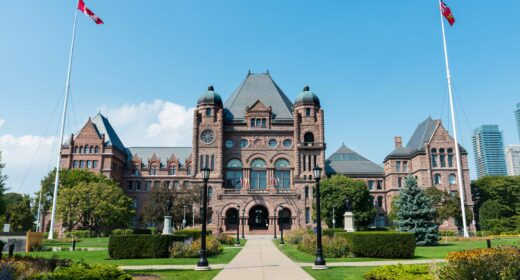Under provincial and federal labour relations laws, employers and unions have a duty to bargain in good faith when they are negotiating or renewing a collective agreement. This includes a number of obligations, such as a duty to consider the other side’s proposals and to respond to them. It also includes an obligation not to keep material facts from the other side.
Labour Relations Boards have consistently said that both parties at the bargaining table have an obligation to “engage in a full discussion” with the other. There are two sides to this obligation. One is not to say anything that misrepresents the facts. The other is to disclose plans and decisions that could have a material effect on union members.
Recently, the Ontario Labour Relations Board considered what would amount to misrepresentation. The Ontario government bargained a deal with one of its unions and made the results public. The problem was that it had a secret deal to give them more money. A second union later found out about the secret deal and complained that it had been misled. Even though it didn’t happen at the bargaining table, the Board agreed that the government had breached its duty to bargain in good faith (Association of Management, Administrative and Professional Crown Employees of Ontario v. Crown in Right of Ontario).
More commonly, an employer will consider taking certain actions that would be allowed under the collective agreement (layoffs, ending a production unit, changing classifications, etc.). The problem is that unions will often not find out about employer intentions until it is too late. If the employer has made a decision, or is at an advanced stage of planning some change or action that will materially affect union members, it should disclose that before bargaining ends.That doesn’t always happen.
Best practices
All unions preparing for bargaining should send a letter to the employer asking that it will advise if it has any plans or is considering any changes that could materially affect the union or the salaries, benefits and working conditions of bargaining unit members. Depending on the kind of workplace, that letter may include demands for particular items of information. If the employer has said it will make a case that it is in financial difficulty, the union should also request financial statements and similar documents. The Union should ask for any documents that are arguably relevant to the employer’s position that it is having financial difficulties and can’t afford the union’s demands.
The Board has often said that the good faith bargaining obligation is meant to encourage “rational, informed discussion thereby minimizing the potential for unnecessary industrial conflict.” Unions should take every step to make sure they have all of the information they are entitled to so they can achieve the best outcome for their members.


